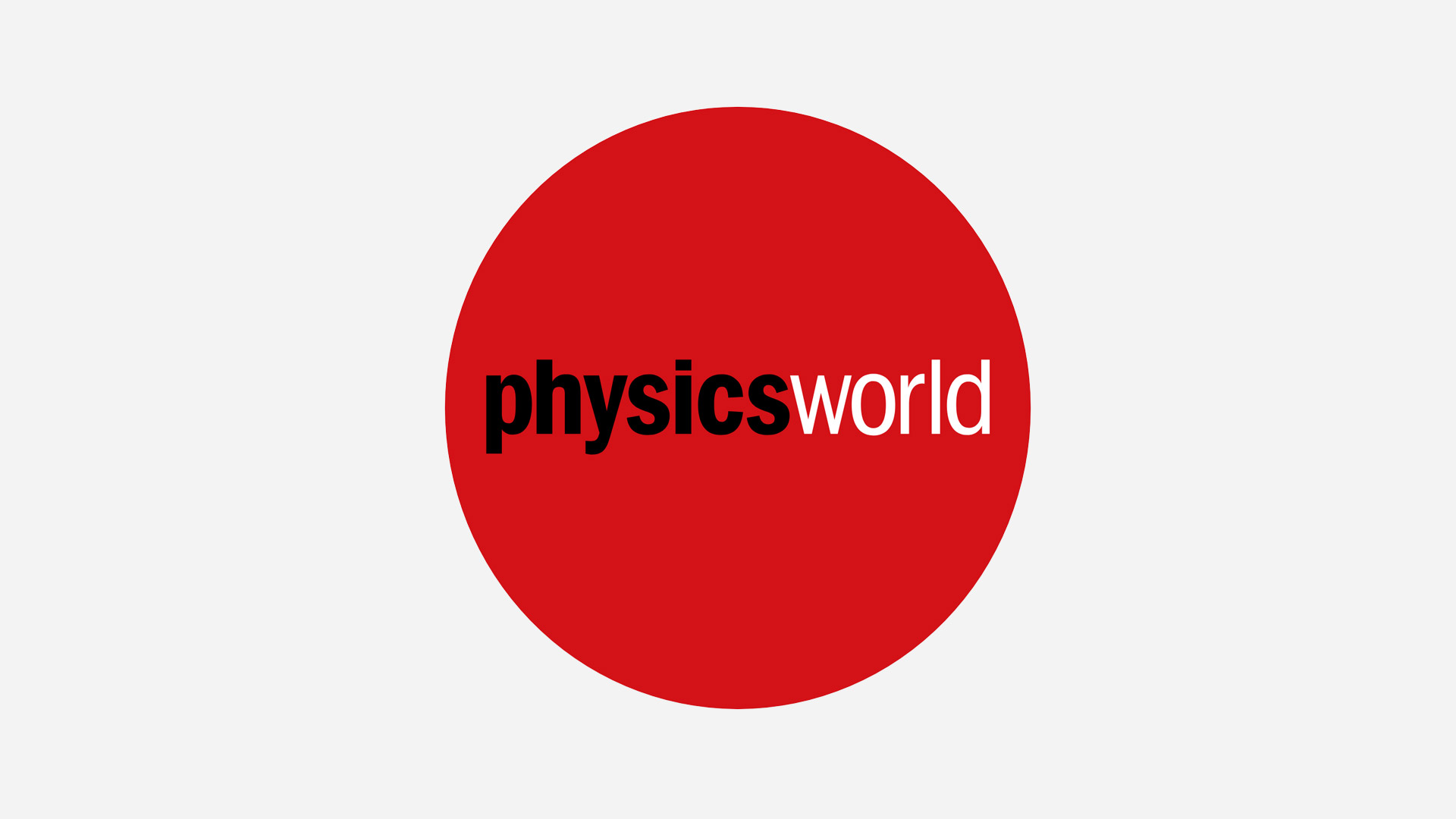Author
Array
(
[0] => linkedin
[1] => facebook
[2] => twitter
[3] => google-plus
[4] => youtube
)
Array
(
[0] => linkedin
[1] => facebook
[2] => twitter
[3] => google-plus
[4] => youtube
)
Array
(
[0] => linkedin
[1] => facebook
[2] => twitter
[3] => google-plus
[4] => youtube
)
Array
(
[0] => linkedin
[1] => facebook
[2] => twitter
[3] => google-plus
[4] => youtube
)
Array
(
[0] => linkedin
[1] => facebook
[2] => twitter
[3] => google-plus
[4] => youtube
)
No Author
Author archive

The institute has been established for 10 years in the first instance, with the Particle Physics and Astronomy Research Council (PPARC) investing £7m and the University of Durham investing £5m. Durham already has a strong track record in phenomenology lead by James Stirling, who is director-designate of the new institute. To begin with the institute […]

Mark Huyse from the University of Leuven in Belgium and co-workers in Germany, Slovakia, the UK, Finland, Russia, Sweden and Belgium studied lead-186, which contains 82 protons and 104 neutrons. 82 is a “magic number” in nuclear physics, which confers special properties on nuclei with this number of neutrons or protons. Moreover, 104 is mid-way […]

The particle physics panel identified three projects related to the Large Hadron Collider – a 14 TeV proton-proton collider that is due to start in 2005 at CERN – as top priority. These were a computational grid to handle the data from the LHC, an increase in human resources for experiments, and increased support for […]

The other priorities established by the panel are the ground-based 30-metre Giant Segmented Mirror Telescope, the space-based Constellation-X Observatory, expansion of the Very Large Array radio telescope in New Mexico, a ground-based 6.5 metre survey telescope, and the Terrestrial Planet Finder. The panel describe this last mission as “the most ambitious space mission ever attempted […]

Hendrik Brugt Gerhard Casimir was born in the Hague in the Netherlands in 1909 and received his PhD from the University of Leiden in 1931. After working with Bohr in Copenhagen and Pauli in Zurich, he joined Philips Research Laboratories in Eindhoven, where he spent the rest of his career. Casimir is best known for […]

However, the resolution possible with scanning near-field optical microscopy (NSOM), as this approach is called, is essentially limited by the size of the aperture. To improve the resolution it is necessary to use ever smaller apertures, or to replace the aperture with an extremely small light source. A team of physicists at the University of […]

The 11-strong panel spent a week in the UK in April and drew on the comments of more than 150 physicists from around the world. The panel’s conclusions were presented at a meeting of UK physics professors in London last Friday by panel chairman, Alex Bradshaw of the Max Planck Institute for Plasma Physics in […]

One of the standing jokes that those of us who work on fusion have to suffer every now and then from other physicists is that the best-conserved time invariant in physics is the time to achieve a controlled and sustainable fusion reaction. And certainly that prospect is still at least 25 years away, which only […]

I was recently 60 feet underground in the museum attached to the old operations room of 11 group at Uxbridge, one of the nerve centres of the Battle of Britain, staring at pictures of senior Royal Air Force officers like Sir Hugh Dowding and Sir Arthur Harris. Why, I wondered, were there no pictures of […]

Sam Treiman was a distinguished particle theorist. The famous Goldberger-Treiman relation was, at the time of its discovery in 1958, an amazing connection between the strong and weak interactions. Colleagues used to credit him with “Treiman’s theorem” – impossible things usually don’t happen. Shortly before his untimely death late last year, Treiman wrote a book […]
Copyright © 2025 by IOP Publishing Ltd and individual contributors
